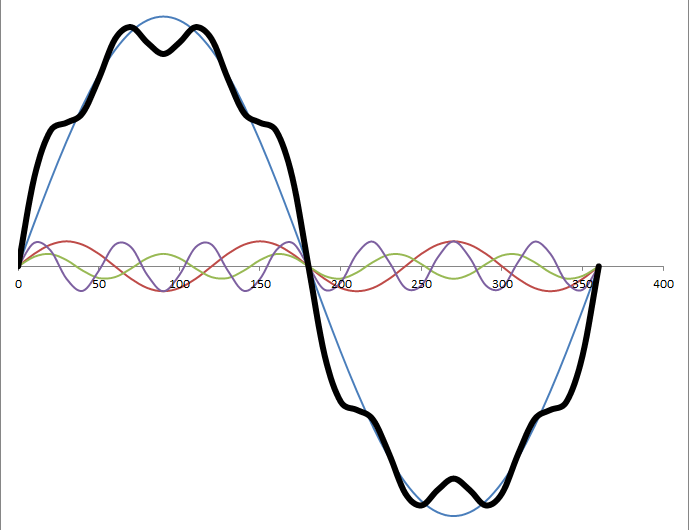Electromagnetic Compatibility (EMC) refers to the ability of electronic and electrical systems, devices, and equipment to operate in their intended electromagnetic environment without causing or experiencing interference. This interference can be either electromagnetic interference (EMI), where a device emits unwanted electromagnetic energy, or susceptibility to electromagnetic interference (EMC), where a device is affected by external electromagnetic disturbances.
Electromagnetic compatibility is essential in power quality to ensure the reliable and safe operation of electronic and electrical systems. It encompasses design practices, standards compliance, and testing procedures to minimize the risk of interference and maintain the integrity of power systems and associated equipment.
Importance of Electromagnetic Compatibility
In the context of power quality, EMC is crucial for several reasons:
- Interference Prevention
Power systems often consist of a variety of electronic and electrical devices, such as transformers, generators, power lines, and sensitive electronic equipment. EMC helps prevent interference between these devices, ensuring that they can coexist without negatively affecting each other's performance. - Maintaining Power Quality
EMC plays a significant role in maintaining power quality by preventing disturbances and interruptions in the power supply caused by electromagnetic interference. Unwanted signals can lead to voltage and current distortions, affecting the performance of electrical equipment. - Equipment Reliability
Many electronic devices are sensitive to electromagnetic disturbances. EMC measures help design and construct power systems in a way that minimizes the risk of malfunctions or damage to equipment due to electromagnetic interference. This, in turn, enhances the reliability and longevity of the equipment. - Compliance with Regulations
Various international and regional standards and regulations mandate EMC compliance for electronic and electrical equipment. Adhering to these standards ensures that the equipment can be safely and reliably operated without causing interference or being susceptible to interference. - Communication System Integrity
Power systems often use communication systems for control and monitoring. EMC is essential to prevent interference with these communication systems, ensuring reliable data transfer and communication between different components of the power system. - Public Safety
EMC is crucial for public safety as it helps prevent situations where electromagnetic interference could lead to accidents or failures in critical systems. For example, in the healthcare industry, EMC is critical for medical equipment to prevent interference that could affect patient safety.
International Standards
- IEEE Std 299 - Standard Method for Measuring the Effectiveness of Electromagnetic Shielding Enclosures
- This standard provides methods for measuring the effectiveness of electromagnetic shielding enclosures. It addresses both the shielding effectiveness of the enclosure and the associated measurement procedures.
- IEEE Std 519 - IEEE Recommended Practices and Requirements for Harmonic Control in Electric Power Systems
- While primarily focused on harmonic control in electric power systems, this standard also addresses the impact of harmonics on electromagnetic compatibility. It provides guidelines for controlling harmonics to maintain power quality and prevent interference.
- IEEE Std 1302 - Guide for the Application of Electric Power Distribution Network Monitoring and Analysis Equipment for Condition Monitoring
- This standard offers guidance on the application of monitoring and analysis equipment in electric power distribution networks. While not exclusively focused on EMC, it addresses aspects related to power quality monitoring, which is closely related to EMC concerns.
- IEC 61000-2-4:2004: Electromagnetic compatibility (EMC)
- This set of standards provide guidelines, limits, and testing methods for various aspects of electromagnetic compatibility, including the assessment of harmonics and power quality in electrical systems. Engineers and practitioners use these standards to ensure that electrical and electronic equipment comply with acceptable levels of harmonics and power quality, fostering interoperability and minimizing interference issues.
